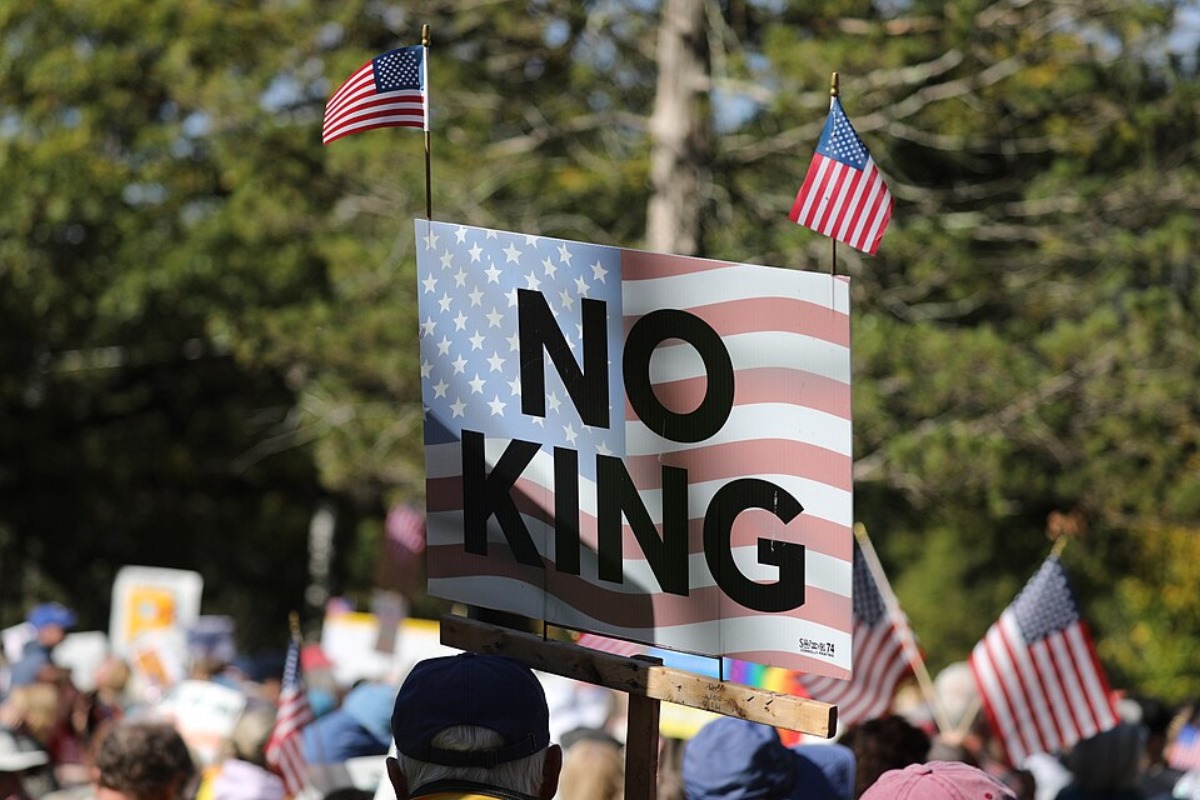Thousands took to the streets of Salt Lake City to voice their frustrations with the Trump administration. Protesters staged a “No Kings” rally, citing threats to democracy and calling for socialism as part of their broader demand for governmental change.
Thousands Rally for “No Kings” Protests in Salt Lake City, Denounce Trump Administration Policies

Key Takeaways:
- Thousands of protesters gathered in Salt Lake City
- Demonstrators rallied under the “No Kings” banner
- Participants criticized the Trump administration’s policies
- Protesters cited threats to democracy
- Some advocates called for socialism-inspired reforms
The Protest Emerges
Thousands of demonstrators convened in Salt Lake City under the slogan “No Kings,” voicing their opposition to the Trump administration. Participants described the rally as a stand against what they viewed as authoritarian policies, pointing specifically to issues they believe jeopardize democratic freedoms.
Why Salt Lake City?
Organizers chose Utah’s capital to highlight growing nationwide concerns about federal leadership. With mountains in the backdrop, the scenic city became a distinctive stage for mass mobilization as local residents and visitors alike joined in.
Criticisms of the Trump Administration
During the protest, many cited perceived threats to democracy. Public speakers alleged that current policies undermined core democratic principles. Placards and banners bore messages decrying the administration’s stance on governance and calling for political reform.
A Call for Social Change
In addition to defending democratic ideals, many participants voiced support for socialism. They contended that fundamental shifts in economic and political structures were necessary to protect citizens’ rights and ensure equality. Although details on these proposals were limited, the overarching message demanded sweeping reforms.
Looking Ahead
While the “No Kings” rally was large, its long-term impact remains to be seen. For many in Salt Lake City, the demonstration signified a growing frustration with national leadership and underscored the belief that Americans should have a say in shaping a more equitable future.











